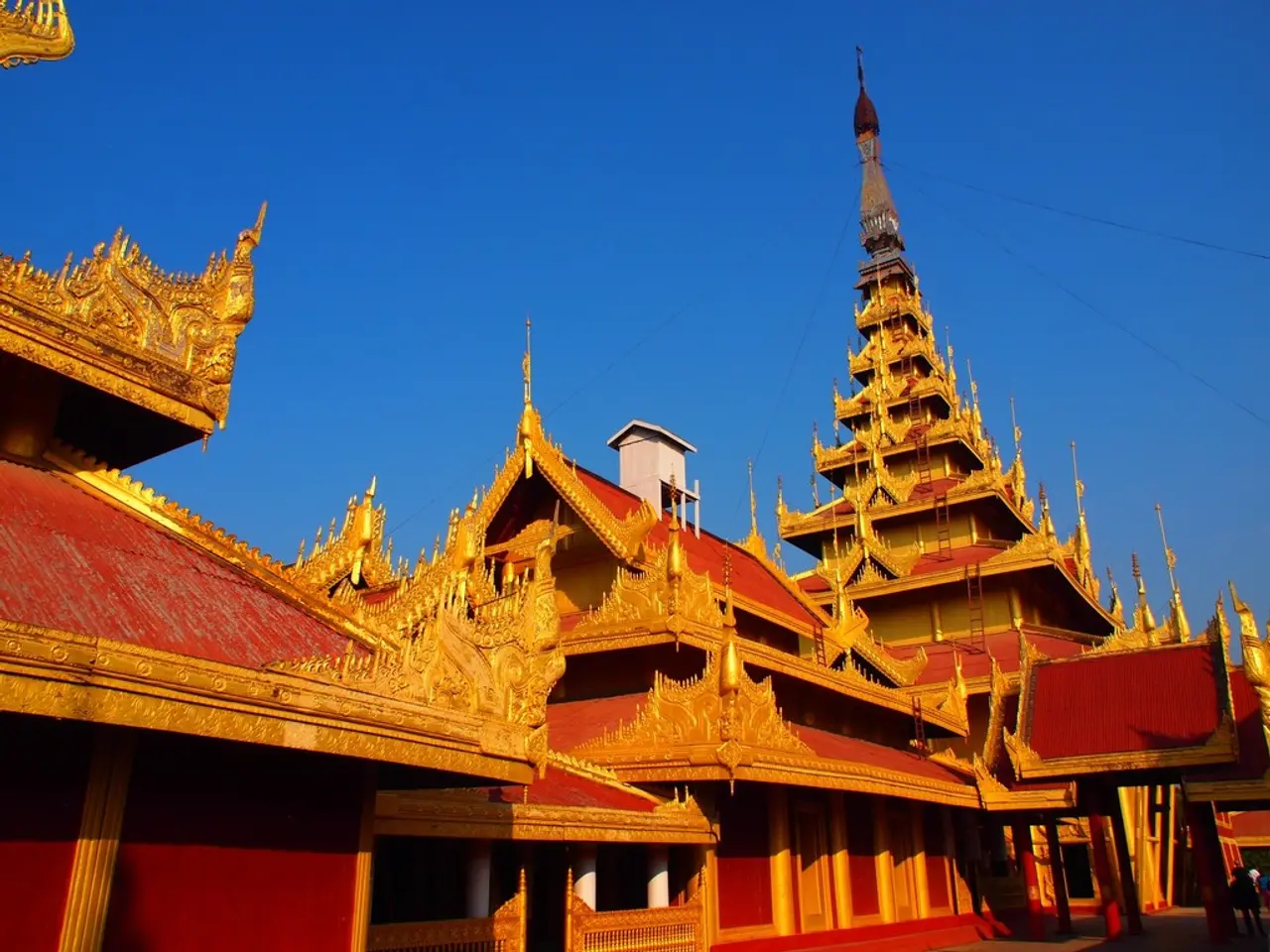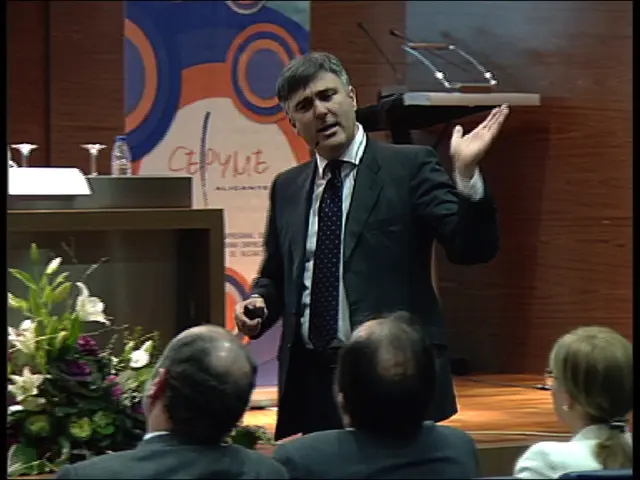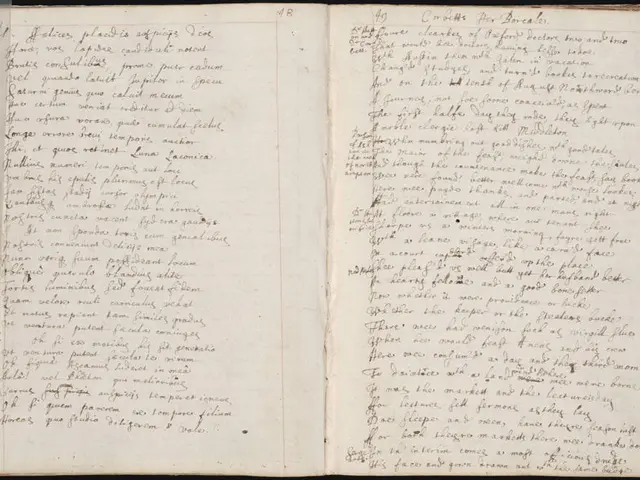Bangladesh's Yunus promises fair, uncorrupted elections as part of ongoing reforms
In the heart of South Asia, Bangladesh is preparing for a significant political milestone. The caretaker government, installed following the ousting of former Prime Minister Sheikh Hasina over a year ago, is working tirelessly to implement reforms aimed at ensuring a free and fair election in February 2023.
Muhammad Yunus, the chief adviser of the interim government, is at the helm of these reform efforts. He has vowed to restore democracy and deliver a credible election, stating, "There's no point in having elections if it's not legitimate. My job is to make sure that an acceptable, clean, enjoyable election takes place."
The reform agenda is comprehensive, spanning various sectors. The electoral system is being revamped with the formation of commissions to reform the election commission and the revival of the caretaker government system for credible elections. A two-term limit for the Prime Minister is being considered to curb autocracy.
The judiciary is another focus area. The Judiciary Reformation Commission has recommended full separation of the judiciary from the executive branch, including establishing a separate secretariat to ensure judicial independence, a reform long ignored by previous governments.
Police reform is also a priority. An independent Police Commission has been proposed to ensure police accountability and reduce political interference, addressing widespread allegations of misuse of police powers during protests and crackdowns.
Economic and tax reforms are also underway. The interim government has restructured key financial institutions, appointed new leadership in Bangladesh Bank and state-owned commercial banks, deregulated interest rates, and eased import rules for essential food and fertilizer items. New advisory and task forces have been established to reform the National Board of Revenue and review the Income Tax Act, including launching an online tax return filing system to improve transparency and compliance.
Labor rights have not been overlooked either. The government has addressed demands by garment workers with an 18-point agreement, aiming to stabilize the crucial garment industry amid ongoing challenges.
However, the path to reform has not been smooth. Significant delays and challenges in implementation have been reported. Resistance from entrenched bureaucratic interests and political actors remains strong. The caretaker government struggles with a limited mandate and political capital, with ongoing violence, rights violations, and accusations of selective law enforcement further complicating progress. Human rights groups have highlighted continued arbitrary arrests, retaliatory violence, and a fragile rule of law environment.
Despite these challenges, the caretaker government remains determined to push through with the reforms. The fate of Bangladesh's democratic future hangs in the balance as the nation moves towards the February elections.
Top stories: The caretaker government in Bangladesh is pushing forward with comprehensive reforms, focusing on politics, general news, war-and-conflicts, crime-and-justice, and labor rights ahead of the February 2023 elections. These reforms aim to ensure a free and fair election, foster greater democracy, and address numerous challenges in a fragile rule of law environment.
General news: In the face of significant delays and resistance, the caretaker government is working tirelessly to implement changes, focusing on police reform, election reform, judiciary reform, economic and tax reforms, and addressing labor rights demands to ensure a more stable and democratic future for Bangladesh.








